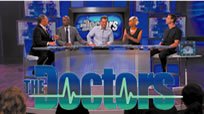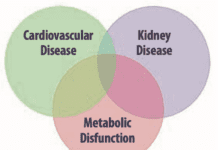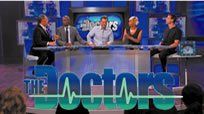When it comes to getting advice from doctors on TV, you might be just as well off consulting the fictional Marcus Welby, MD, or Dr. Kildare rather than the real physicians on popular talk shows. A new study published in the journal BMJ analyzed recommendations from 40 randomly selected episodes of each of the two highest-rated medical programs, “The Dr. Oz Show” and “The Doctors.” Overall, barely half the 160 recommendations could be supported by scientific evidence.


Of the two programs, “The Dr. Oz Show” starring Mehmet Oz, MD, made by far the most recommendations related to nutrition and health—even though Dr. Oz’ expertise is as a cardiothoracic surgeon, not a nutrition scientist. Dietary advice was the most common category of recommendations on “The Dr. Oz Show,” accounting for 39% of the advice analyzed.
“The Dr. Oz Show” also presented the most unsupported advice, with evidence (at least a case study or better) found to support only 46% of the recommendations. Evidence was lacking for 39% of the show’s recommendations and actually contradicted 15%. For recommendations in “The Doctors” (where the most common category involved when to consult a healthcare professional), evidence supported 63%, contradicted 14%, and was not found for 24%. “Believable” or “somewhat believable” evidence supported 33% of the recommendations on “The Dr. Oz Show” and 53% on “The Doctors.”
Researchers, led by Christina Korownyk, MD, associate professor of family medicine at the University of Alberta, concluded: “Consumers should be skeptical about any recommendations provided on television medical talk shows, as details are limited and only a third to one-half of recommendations are based on believable or somewhat believable evidence.… If the shows are perceived as providing medical information or advice, viewers need to realize that the recommendations may not be supported by higher evidence or presented with enough balanced information to adequately inform decision making.
“Decisions around healthcare issues are often challenging and require much more than non-specific recommendations based on little or no evidence from media health professionals. Patients would do well to ask healthcare providers specific questions about the benefits and harms, along with the magnitude of the effect (in absolute numbers), and the costs and inconveniences of any recommendation.”
























